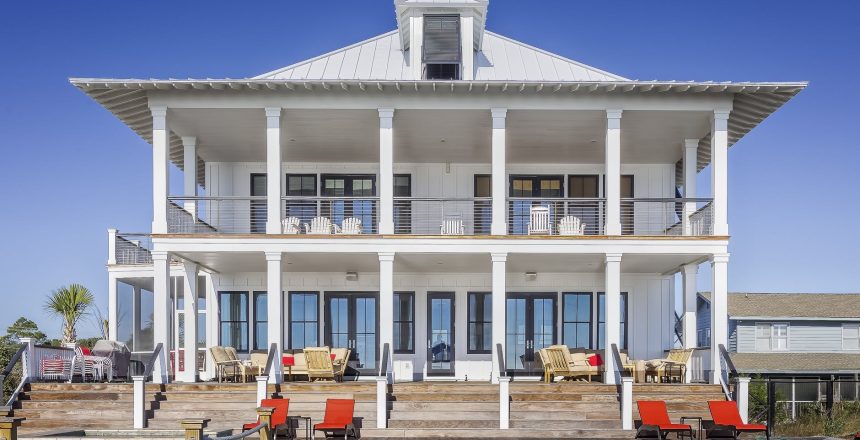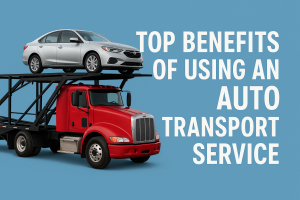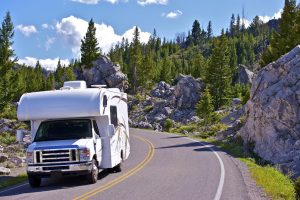Buying a vacation home is an exciting milestone that many people plan and save up for over the years. When the big day arrives to actually purchase your dream vacation home, you may realize that you have a lot of questions that you hadn’t thought of when you were house shopping.
Buying a house locally can be a complicating situation. Therefore, buying one that you will be using as a vacation home should include the complications of long-distance purchasing requirements among other challenges. If you are buying a home in another country, there is, even more, to think about!
Buying the right vacation home is more about considering what you can afford and thinking hard about what you actually want to get out of your vacation time. There are many ways to make a vacation home a reality for you and your family. Also, you need to look at all of these options before you actually buy one.
If you are in the process of purchasing a vacation home, read on to find out more about the process!
Purchasing a Vacation Home: Everything You Need to Know
Preparation is key when purchasing a vacation home. Forgetting to think about these major steps can lead to stress and heartache later in the process. No one wants to find the home of their dreams and then discover partway through buying it that there is a major roadblock that will stop the sale.
Make sure that you follow all of the steps in this guide and you will have a smooth, straightforward experience when you actually buy your vacation home.
1. Set a Budget for Buying Your Vacation Home

This seems obvious at first. You know how much you can spend on a house because you have been planning this for a long time, right? This is not really the main reason for a budget when you are considering buying a vacation home.
The main reason that you need to budget is that there will be lots of costs that you have not planned on that will sneak up on you during the home buying process. Considerations such as whether or not you will be using the home as a rental for the public when you are not there, insurance, HOA fees, and many other costs should be things you will be adding to your budget for the purchase itself.
Some fees or other costs that might come into play for your overall budget are:
- Closing Fees and Taxes
- HOA or condo fees
- Rental management company costs
- Maintenance for yard or pool
- Insurance
- Extended coverage for boats, skis, kayaks or etc that are stored at the residence
- Annual taxes
- Utilities
All of these fees and charges can add up quickly, so make sure that you are not considering a home that is at the very top of your planned budget. Your additional costs could push you over your budget quite quickly and you might find out when you seek financing to buy your dream vacation home that you cannot afford after all.
2. Secure Financing Prior to Shopping For Your Vacation Home
Look into all of the steps of the financing process and consider getting a pre-approval done before you shop. Some insurance companies will not allow you to own two properties if they are too close together, and some banks will not allow you to get the size loan that you might need for your vacation home.
In addition, the number of days that you are planning to stay in the home per year can affect the type of loan that you will need to get. This kind of information can vary from state to state or bank to bank, so you will want to do your research early on before you start shopping for homes to use as a vacation home.
It’s always wise to be in touch with the bank that you expect to apply for the mortgage with so that you will know what their rules and expectations are as well. This will prevent you from shopping for properties that they will not loan on.
Banks and Credit Unions have different processes and standards for their mortgage department to follow, so you should never assume that your proposed property will be able to be financed through your regular bank.
It is always good to be certain that you will be able to get financing before you go look at homes. There is no sense in spending the time to look at vacation homes if you cannot get financing to buy them!
3. Rental Vs Non-Rental
Many people who purchase vacation homes rent them out to other vacationers when they are not using them. This often brings in more money each month than the mortgage and can help with other fees that are incurred on the property for shared pools and other common spaces.
The problem with this arrangement is that you will need a rental management company to handle your rental dates. Also, make sure they will be responsible for taking care of your bookings. This company will charge you for their time and they will expect you to pay for their preferred cleaning company to clean the home after each renter leaves.
While this is easier for you as the owner by far, it can add quite a few costs that need to be built into your overall budget. The other thing that you need to consider when thinking about your budget, is that renters will eventually damage things in the home that will need to be repaired or replaced.
Not Using Your Vacation Home As A Rental
If you think that you would rather not use your vacation home as a rental, you can certainly choose to simply close the house up when you are not there. This does have its own set of challenges, however, especially if you are not very close to the home to be able to check up on it.
Winter weather, storms, and other issues can arise that will require that someone be able to check on the house while you are away. You may be close enough to take care of this yourself, but that is often not the case.
In addition, a home and its yards need maintenance, even when you are away, and this means that it is always wisest to hire a management or property care company to check up on and take care of your home when you are away.
This is not a huge cost, but it can add up each month. If you are buying a condo, make sure that you are clear about what maintenance is not cared for in your HOA agreement.
4. Consider the Trip to Your New Vacation Home
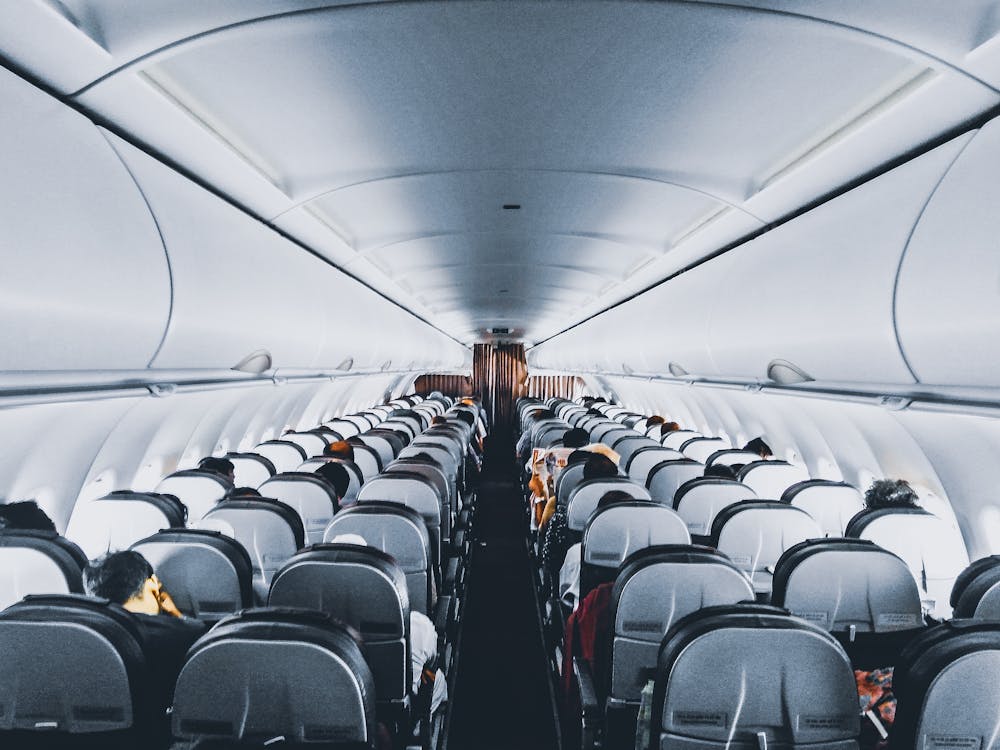
This is another factor that can seem like it’s not a big deal until you actually own your new vacation home. If you have to fly to the home, is that something that you really want to do each time you want to go on vacation? If you can drive, is the drive easy, or full of traffic and frustrating?
These considerations are often not at the forefront of the list of things that people worry about when they are buying a new vacation home, but they can make a big difference after the house is purchased.
There is nothing more depressing than buying a vacation home and then finding out that the trip to get to it and use it is so unpleasant that you don’t want to actually go to the home more than a few times a year.
Always think about the travel portion of the commitment that you are making before you actually purchase a home that you won’t enjoy traveling to for your vacation.
5. Moving a Car to the Property
This is a cost that sneaks up on many people after they have purchased their new vacation home. If you don’t want to rent a vehicle each time you go to your vacation house, you will need to move a car out to the property that will stay there at all times.
This is likely less of an issue if you have someone to drive with you out to the property so you can drop off the car that will be staying there, but it can be a big issue if you need to move a car a long distance to your vacation home. It’s not as common, but if you want to send a car overseas, you will need to budget for the car to be shipped by plane or by boat to your vacation home.
Always make sure to research the details related to moving a car to your vacation home. There is a myriad of ways to transport a vehicle to a new destination, but they will all have different costs and factors to think about when you are choosing between them.
Shipping Outside the US
A good car transport company will provide you with a solid and clear estimate that includes delivery to your new home address as well as the information about their insurance and their shipping times. If you are going to be moving an exotic or a rare car, you should look into a closed transport trailer instead of an open transport.
If your car needs to travel overseas, you will need to look into the fees and requirements to license that car to be driven in its new home country. Some vehicles are also not allowed to be driven outside of the US, so you will need to check on this portion of the move as well before paying to send your car via boat or plane to a vacation home overseas.
6. Purchase a Vacation Property That is Your Style
It can be easy to look at vacation homes and get swept up in the idea that you would like a fancy, modern-styled home instead of a homey and casual home. You might also think that you are fine with a condo instead of a single-family home. In either case, you can find out once you own your new vacation home, that you really do not like condo-living or that you wish your house was a bit more casual in its styling.
Always think about the kind of environment that you find to be relaxing before jumping at buying a home that is not your usual taste or style. If you do not think about this part of the purchase, you could easily find out that you have bought a vacation home that you do not truly enjoy spending time in and that would be a shame.
7. Plan on Relaxing
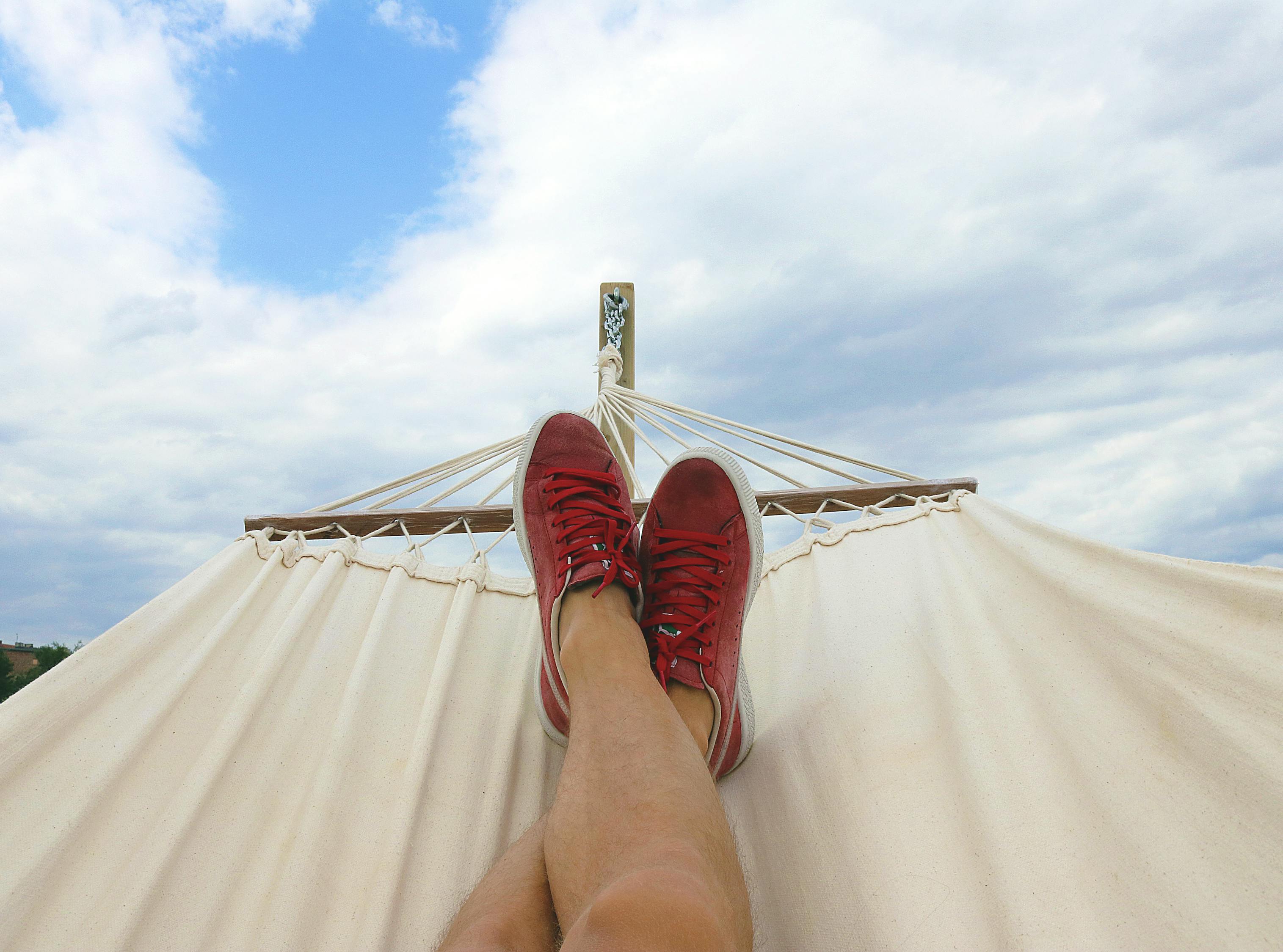
This seems like the whole point of a vacation home, but sometimes people buy their vacation home and then go there to do yard work, home improvements, and everything else but relax! If you have chosen to buy a vacation home and think that you will have to do upkeep to it each time that you are there to stay, try to budget enough time to have fun while you are there anyway.
If you only work hard at your vacation home,it will be tiring to visit your vacation home and you will not want to sell it. While it is an added expense, it can be really helpful to engage yard maintenance or property management company for your vacation home. This will make it possible for you to come to your vacation home to relax and not have to work.
8. Get Rental Income Estimates
One of the easily-avoided pitfalls of buying a vacation home is over-estimating the amount that you can ask people to pay when they are renting the property. Lots of people buy vacation homes thinking that they can charge X amount of money for each night that someone stays there, only to find out that this number is not realistic and the amount of rent they can actually ask is much lower.
Incorrect assessment of rental income leads to many sales of vacation homes. If you want to avoid this hazard, make sure that you work with a realtor to find out what the actual rental value of the property is before you buy. If you want to know for certain what kind of income you can expect from the property when you are not staying there, you will need to get some real data from an expert.
It is never any fun to find out after you have purchased a vacation home, that you can’t afford to go on vacation there because you need to secure 365 days of rental income a year to afford to pay for it.
9. Consider Property Taxes
While it’s not always possible to see tax trends for the future, you would be wise to at least have a realtor or other advisor educated in property taxes, make sure that you won’t have a surprise hike in taxes that you have to deal with after you buy your vacation home.
Vacation homes tend to be in high-value housing areas and they are often located near growing areas of cities. Improved housing and shopping in nearby neighborhoods can increase your vacation home’s value dramatically, which is great. The downside to this is that your taxes may go up in response to the increased value of your home.
If you are renting the property when you are not there, you may be able to offset the tax hike by charging increased rent, but that is not always a guarantee. Having a full picture of the annual taxes charged in the area of your vacation home can save you from upsetting surprises later.
10. Verify Tax Benefits When Purchasing Vacation Property
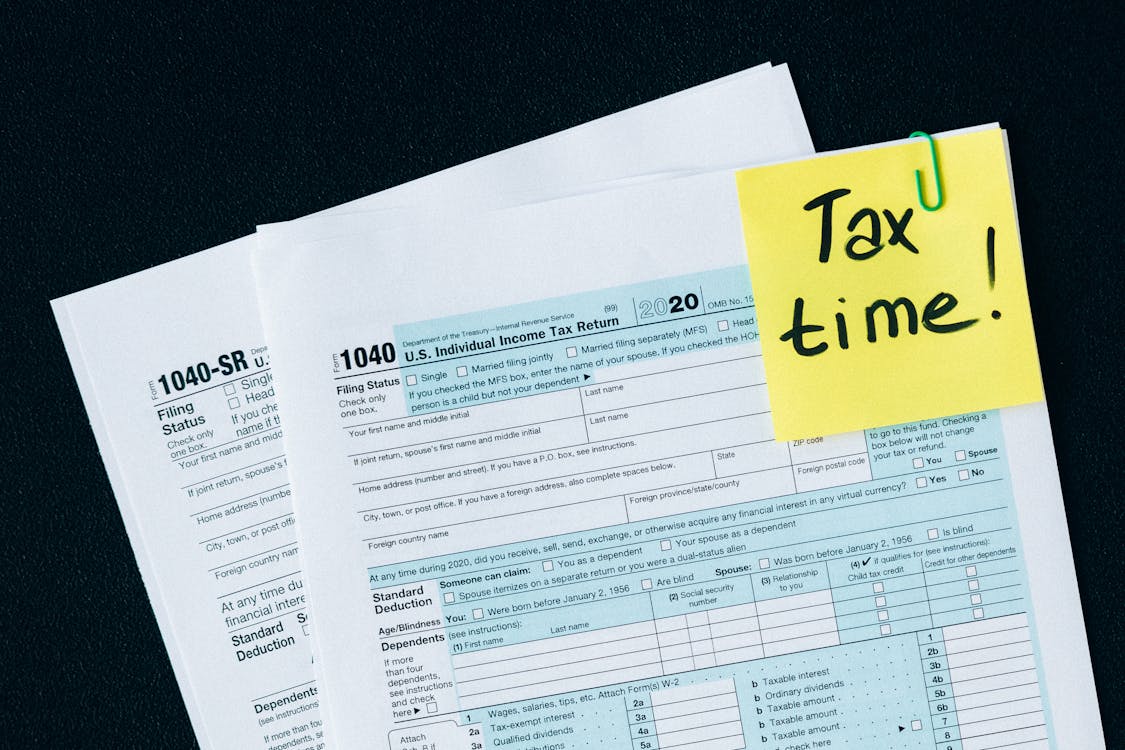
In some cases, people will buy a vacation home thinking that it will confer added tax benefits for the next tax season. While this can be true, you will need to do your homework thoroughly before assuming that this is the case.
There are regulations and rules related to the number of days that you reside in a vacation home each year that affect the amount of taxes that you owe on it. This might vary from state to state and the designated use of the property can also alter the taxes that you will owe on your vacation home.
Investment properties are homes where you find yourself spending 17 or fewer days in a year and they have their own set of tax rules. Vacation homes are usually any other property that you spend time in, and they have their own tax structure and write-off benefits.
As with anything related to taxes, it is always wise to confer with a tax specialist before assuming that you can use your vacation home as a write-off of any sort.
11. Think About Furniture For Your New Vacation Home
Not all vacation homes come fully furnished. This is more common with condos and older homes, but single-family homes and newer construction will almost never come with furnishings included.
Buying furniture for an entire condo can really add up, let alone buying furniture for a whole house. If you have extra furnishings stashed from a move to a smaller home, you may not have to worry about this. However, most people buying a vacation home will need to budget to buy furniture for the entire house.
Furniture, kitchenware, and other necessities can really add up. Therefore, this is a major factor that you will need to consider when you are thinking of buying a vacation home. If you are not going to be there often, you can purchase lower-quality furniture, but this could affect the price that you can ask for renting the property.
You want to be comfortable at your vacation home, so buying quality furniture will likely make you have a much nicer experience each time you visit. Depending on the size of the property that you are trying to buy, you might need to consider if you really have room in your budget to furnish an entirely new home.
12. Seasonal Considerations
Many people only think about the nice part of the year when the weather is best at their vacation home. Make sure you do not forget the logistics of care for a home that gets snow, hurricanes, or storm each year.
The off-season is not a time when it is easy to get rental money for a property either, which can make the overall cost of the home higher than expected. If you cannot access your property during storm season or winter, make sure that you build that downtime into your budget and your plans.
This is an issue that is common to run into when people are buying in tropical locations that have a few months of hurricane season each year. You cannot visit your home during these times, others cannot rent it, and it could become damaged by bad weather and need repairs.
Weather can be a huge factor related to your budget. Also, it might also affect when you are able to actually use the home as well. Make sure that you know about the weather at your vacation home’s location for every month of the year, not just during peak season.
Purchasing a Vacation Property Can be a Snap!
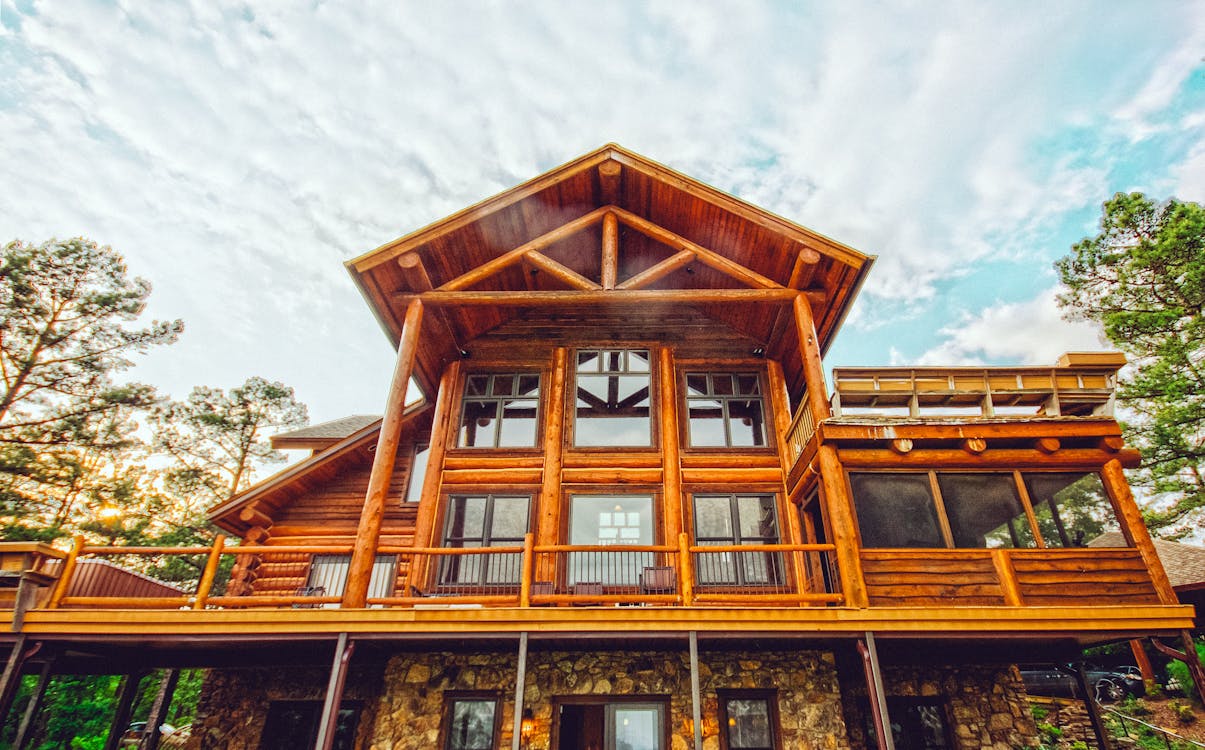
If you take the time to consider all of the factors related to purchasing a vacation home, you should find the process to be fairly painless. Location, budget, and logistics have a lot to do with making sure that your vacation home purchase is a wise one that will make you happy for years to come.
Always make sure to be realistic about your budget and about your free time. Vacation homes are fun!
Preparing for the realities of owning a vacation home will make the actual purchase of it a small step toward lasting happiness. Plan ahead and you will find that buying a vacation home is amazing!
